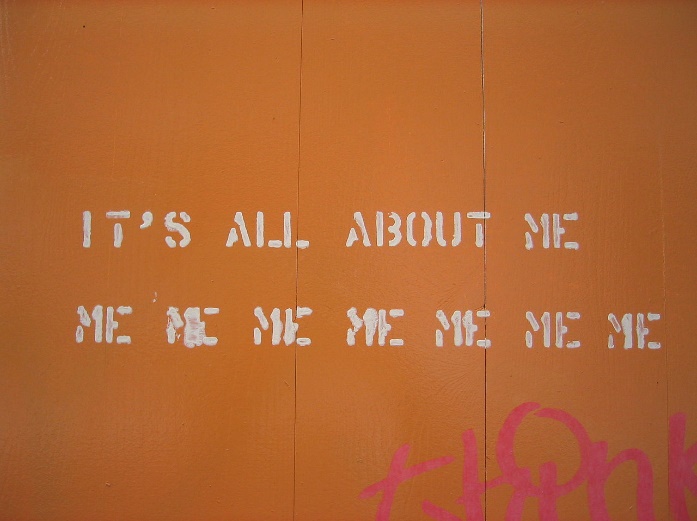Does Donald Trump Mirror the Majority?
If you criticize Donald Trump, take a close look at the rest of us.
This post appeared earlier in Psychology Today in a slightly different form.
Like many of you, I’m shocked and offended as I read daily of Donald Trump’s foibles: he’s narcissistic, aggressive, rude, greedy, dishonest, and dismissive of others. How could he possibly do those things, I think! Shortly after finishing the New York Times most recent vilification of Trump, however, I read two articles in Science. Perhaps you also will find them of interest in better understanding Donald Trump—and ourselves.
Den Narziss vum Benczur Gyula (1844-1920)

The first article by Scott Barrett lamented that our climate summits since 1995 represent a global collective that says the same proper things every year and then does just the opposite—as they hasten the outcome they seek to avoid. Citing Thomas Hobbes and others, Barrett arrives at the need for a supra-ordinate “sovereign” who can “coerce” a typically unwilling populace to bend to the needs of the greater good. Sobering, he notes that humankind has not evolved such institutional structures to hold modern nation states in check. While we have, since 1995, failed miserably to develop a volunteer-based policy, he warns that the task is even greater than many imagine. We must not only curb emissions but we must also actually remove carbon dioxide from the atmosphere. There has been little progress on the former, and none on the latter—so far.
Eileen Crist, in the same issue, expands on the theme by delving more deeply into why we behave in such an oblivious fashion. She first reminds us that we face not only climate change but other contributors to massive societal and global upheaval: pollution, overpopulation, water shortages, animal extinction, poverty, and forced migrations. As in the Barrett piece, she puzzles why we do not act comprehensively rather than with our insufficient piecemeal approaches. What is needed is very clear: downscale the human factor. But we don’t do it.
Crist goes further. She then paints a frightening, unwholesome picture of the global populace. Our unfettered belief in human supremacy and its resulting mass expansionism in so many areas creates the problems we are unable to control. We believe this is not only our birthright but also our duty. Indeed, we deem it inevitable and legitimate that we expand on all fronts. Humans are so superior, we tend to believe, that we are entitled to dominate and subjugate other living and nonliving forms to our needs. Who cares about mass animal extinctions or loss of the coral reefs or shrinking of our polar ice caps? Topping this off, as further evidence of our anthropocentric orientation, we all too often confidently ignore facts and believe that our ingenuity and technology can solve any problem that comes along, for example, global warming with its tidal floods and tsunamis. That the problem worsens means that this confidence in our present state of mind is terribly misplaced and dangerous.
Gürkan Sengün: Graffiti in London

That humankind’s paralysis continues unchecked bespeaks poorly recognized, widespread attitudes governing the actions of the world population. We lack awareness. For example, think what an independent arbiter from another planet might observe: a world community that is narcissistic, aggressive, rude, greedy, dishonest, and dismissive of others. It seems unlikely that we don’t care what happens, since no one wants our global populace to roast or freeze or be irradiated to death. Yet, we do not act because we do not recognize our own self-centered attitudes that lead us to behave in superior, entitled ways. This blind spot precludes doing the obvious.
I’ll not belabor society’s resemblance to Donald Trump, nor my point that in a very real sense he mirrors our present global orientation. While Donald Trump may exhibit extreme traits when it comes to acting in ways that seemingly defy reason and reality, the truth is, we all do so in our daily lives and this is writ large collectively. Our global survival depends on a lot more self-awareness than now governs our increasingly tenuous place in this world. To this point, those of us who elect our leaders and too many of all leaders do not recognize that our own suppressed Trump-like traits prevent the global maturation needed to survive.
Psychology teaches us that once we recognize our flaws, we can succeed in new, productive, and now unfathomed ways. Perhaps the famous words of Robert Kennedy can inspire us:
There are those that look at things the way they are
And ask why?
I dream of things that never were
And ask why not?
Copyright 2019 Robert C. Smith